Refugees call on government to get them out of ‘limbo’
Refugees who arrived in Australia after July 2013 have rallied to call for the federal government to allow them to apply for permanent residency.
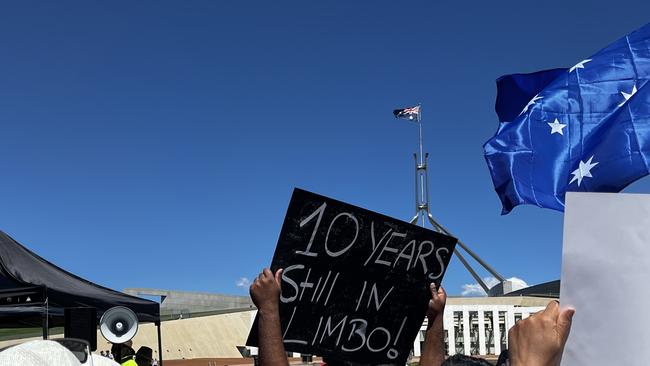
Canberra Star
Don't miss out on the headlines from Canberra Star. Followed categories will be added to My News.
Year seven student Kirthik Ramachandran does not remember a home other than Australia.
He was born in a refugee camp in India – a camp where his Tamil parents from Sri Lanka had stayed for 15 years to escape the violence of their home country.
The 11-year-old, who resides in St Albans, Melbourne, says he aspires to be a lawyer or engineer, and that he loves cricket, chess and reading books.
Kirthik says he loves Australia because “it's beautiful here - it’s a safe place”.
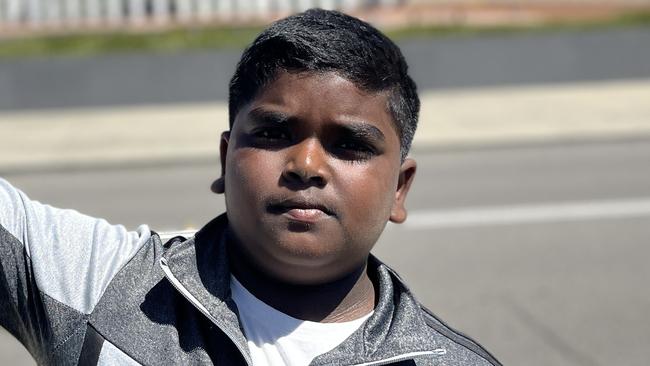
He was one among hundreds of refugees who arrived by boat after July 19, 2013 who flooded the lawns of Parliament House on Monday calling for a route to become permanent residents.
“I don’t have any memories of India, of Sri Lanka ...I only have friends, family, and memories here. So why would they want to send us back?” Kirthik said speaking at the rally.
“If they send us to (Sri Lanka) now we don’t know what’s going to happen to us.”
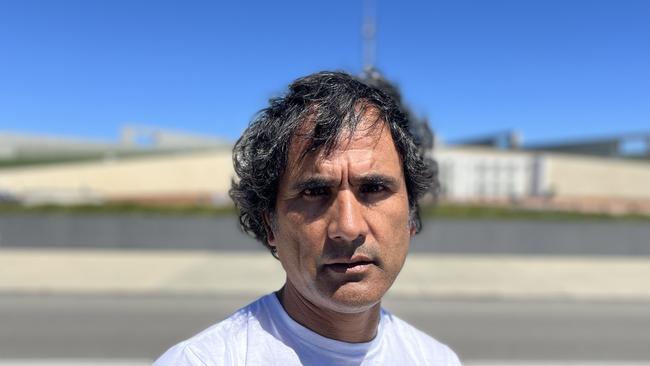
Arad Nik now resides in Tasmania after seeking asylum from Iran 10 years ago.
He said he was waiting for another visa and does not know what will happen to him.
“We want to be heard, we’ve spent ten years in limbo and the government has to hear our voice,” he said.
“ The government (should) sit with us and listen to our story.”
“19,000 of us get permanent residency but 12,000 are left behind.”
Mr Nik said he did not feel “free” and described his experience on bridging visas as “painful and shameful”.
“Please let us stay, we have a home here, we love Australia, we love its people, but we are still in a cage.”
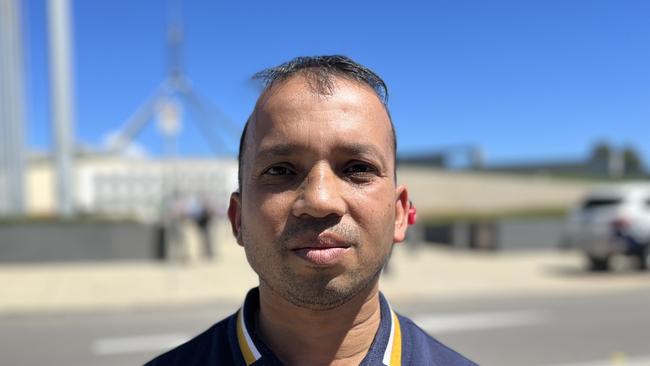
Speaking through a friend, Bangladeshi refugee Bahar Uddin said he lost his parents and his brother disappeared.
Mr Uddin, who now lives in Sydney, said he left his home fearing extrajudicial killings.
Beyond his struggle to leave Bangladesh, Mr Uddin has faced both mental and physical health issues exasperated by difficulties in seeing specialist doctors due to his temporary status.
Mr Uddin suffers from diabetes which has resulted in partial vision loss.
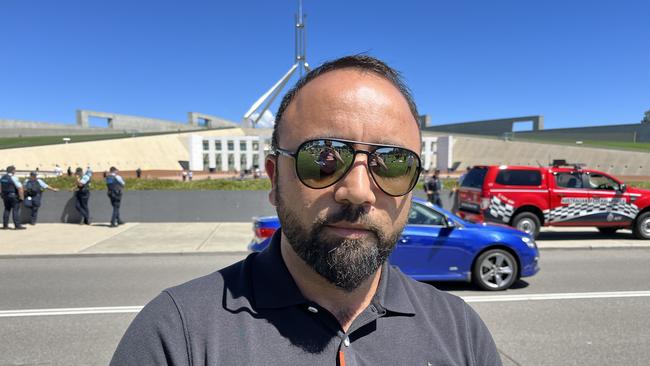
Intizar Hussein lives in Melbourne and has not seen his wife or children in a decade.
He said his daughter was only a baby when he fled to Australia, and she still asked him when he will to reunite with her.
“I don’t have any answer to tell her,” he said.
Mr Hussein said his minority Shi’a Muslim community in north Pakistan had been targeted by Islamist terrorist groups including the Taliban.
When asked about the Australian government's opposition to people arriving in the country via people smuggler-run boats, he agreed it was unsafe, but said there needed to be a humanitarian solution.
“I had friends, educated people, who drowned in the sea,” he said.
“I don’t want people coming down that way- it’s not safe but there wasn’t any other way to come to Australia.
“They should have something to bring refugees here by another way to come to Australia safely.”
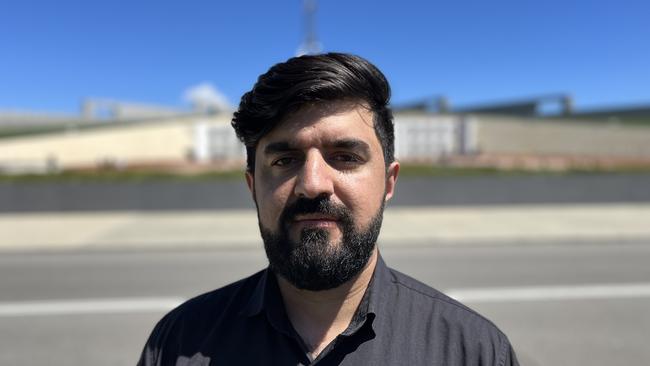
Sayed Hussein works with the Abu Turab Welfare Association in Sydney which works with Pakistani Shi’a minority refugees.
He says a Pakistani asylum seeker in his late 20s recently died by suicide in Blacktown, which he attributes to the stresses refugees face.
“We need to support (refugees’) mental health,” Mr Hussein said.
“The government always talks about humanity but (there’s) no action.
“We are human, but what about the 12,000 – are they not human?”
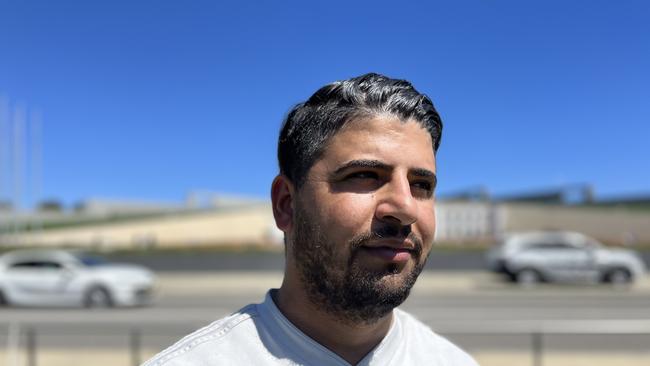
Mr Hussein said the policy to not permanently settle refugees who arrived by boat after July 19, 2013 arbitrarily breaks up families.
Iraqi refugee Salam travelled from Sydney to Canberra to take part in the rally and says he does not understand why he is blocked from becoming a permanent resident.
He says he works in construction and as an Uber driver to build a better life.




